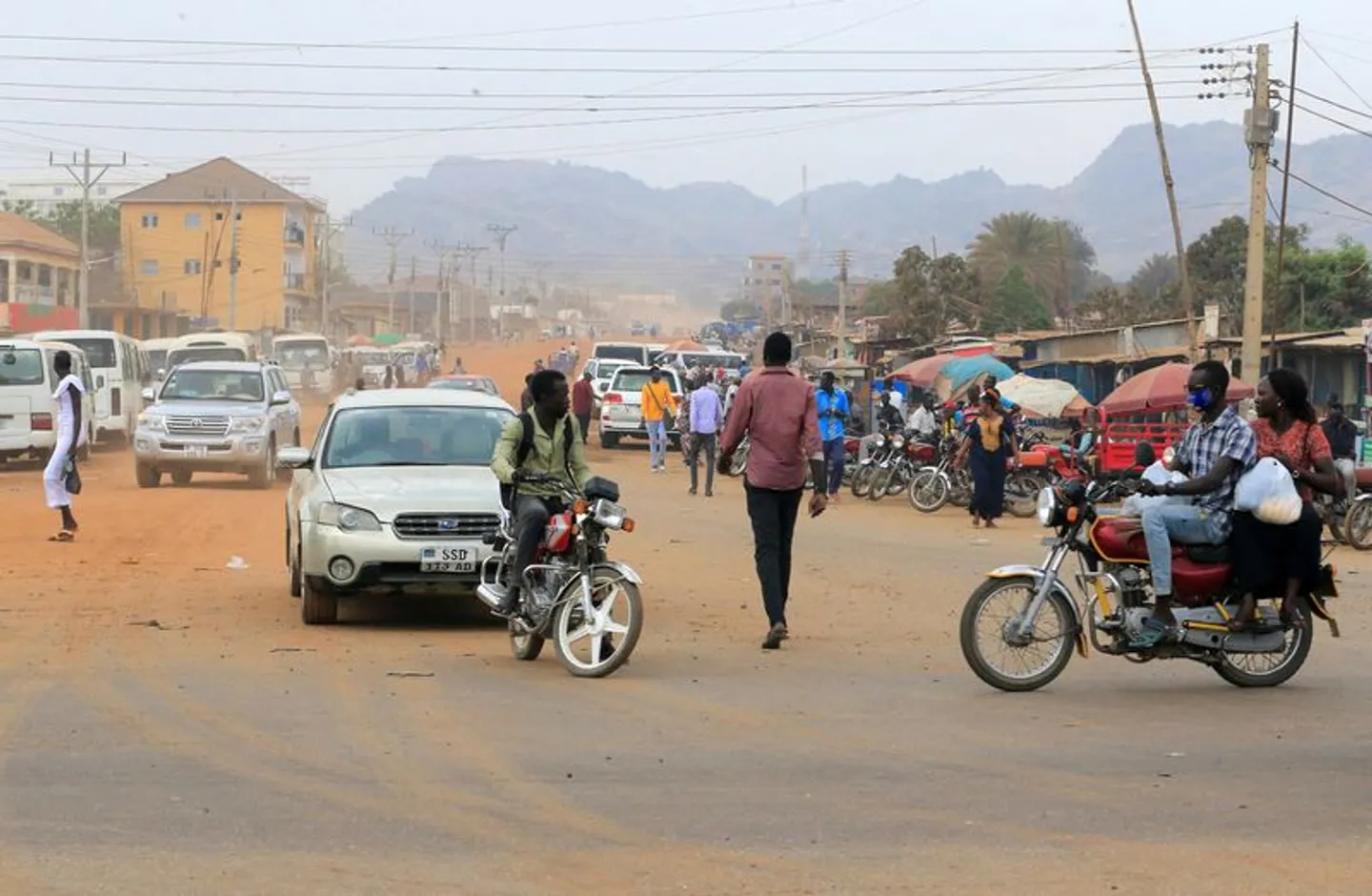The United States is terminating South Sudan's designation for temporary protected status, which for years allowed people from the East African country to remain in the US legally and escape armed conflict back home.
The termination will be effective on January 5, the Department of Homeland Security said in a statement on Thursday.
“After conferring with interagency partners, Secretary of Homeland Security Kristi Noem determined that conditions in South Sudan no longer meet the TPS statutory requirements," the statement said.
It added that South Sudanese nationals who use the Customs and Border Protection mobile app to report their departure could receive "a complimentary plane ticket, a $1,000 exit bonus, and potential future opportunities for legal immigration.”
The new policy is a blow to people from South Sudan, a nation that remains politically unstable and the source of many refugees seeking shelter abroad.

Country heavily reliant on aid
A peace deal to end fighting between rival forces loyal to President Salva Kiir and to his erstwhile deputy Riek Machar, has been in force since 2018, but observers say it is slowly unravelling after the arrest earlier this year of Machar on criminal charges.
Kiir said he suspended Machar as his First Vice President so that his deputy could face charges, including treason.
South Sudan has been designated for temporary protected status since 2011, when it became independent from Sudan. The designation is renewed in 18-month increments.
South Sudan’s government struggles to deliver many of the basic services of a state. Years of conflict have left the country heavily reliant on aid, which has been hit hard by the US President Donald Trump administration's sweeping cuts in foreign assistance.
Trump’s administration has moved to withdraw various protections that have allowed immigrants to remain in the US and work legally, including ending temporary status for hundreds of thousands of Venezuelans and Haitians who were granted protection under President Joe Biden. TRT World






